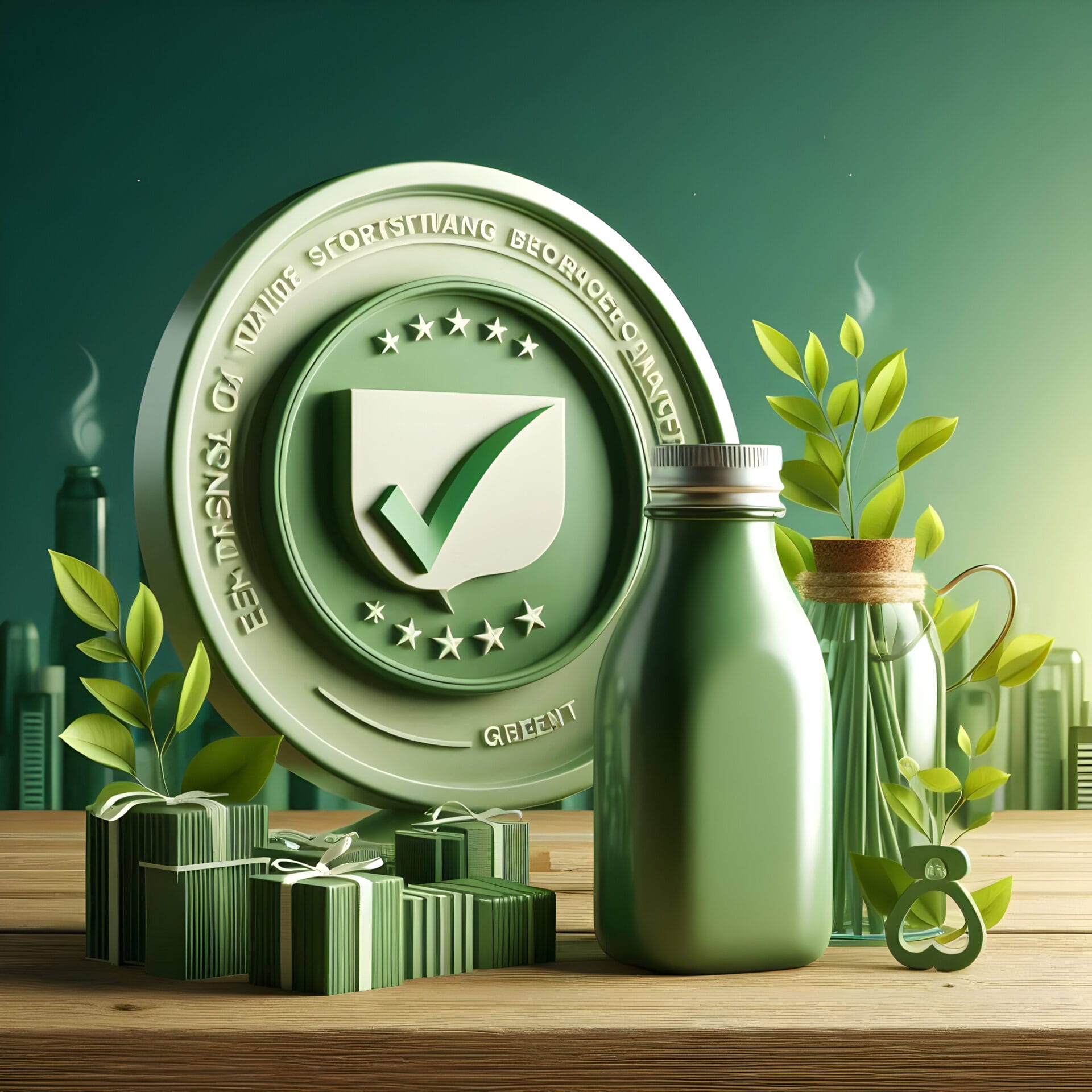Market Study Report projects that by 2026, the worldwide supplement business would be valued an astounding $349.4 billion. More and more individuals around the world are buying vitamins, minerals, amino acids, botanicals, protein powders, and more as a result of growing health and nutrition consciousness, more disposable incomes, and altered lifestyle choices. For what reasons does this sector benefit from Halal Certification? The magnitude of the market and the specifics of the items. The demand will be high among young Muslims who are concerned about their health in the United States, Europe, and around the world. Pew Research predicts that the Asia-Pacific area, which is home to some 986 million Muslims, would experience some of the supplement market’s quickest development.
Halal certification for Muslim consumers
Because most items in this industry undergo a lot of processing, halal certification is especially vital for them. Muslim consumers around the world are very particular about products not including pork, alcohol, or components from animals that are not slaughtered in accordance with Islamic practice. Because of the processing that goes into most nutraceuticals and supplements, it is almost hard to determine exactly what goes into them. No Muslim can reasonably expect these foods, drinks, or supplements to be Halal unless they have received official certification to that effect. You can’t tell exactly what’s in it, unlike with, say, an apple or potato. A Halal seal should be prominently placed on the package of any supplement that is purchased by Muslim clients.

The second issue is that a lot of supplements do include things that aren’t allowed in Islam. The use of rennet, an enzyme that can originate from either bovine or microbial sources, in the production of whey protein products is one example of an example of an ingredient that necessitates certification.
In order for rennet and whey to be classified as Halal, the cows used to produce them must have been slaughtered in accordance with Islamic dietary law. The whey protein industry is expected to generate $7.4 billion worldwide in 2018, with $2.64 billion going to the North American market and $2.79 billion to the European market, as per Market Data Forecast.
In order to attract young Muslims in the United States and Europe who are concerned about their health and nutrition without compromising their religious beliefs, halal-certified whey is a must-have. Like the rest of the business, the Asia-Pacific area is experiencing rapid growth and is expected to reach $1.57 billion in 2025. Manufacturers of whey protein should get their goods certified by a globally renowned Halal certifier, such as ISA, if they want to attract the large Muslim populations in Singapore, Indonesia, Malaysia, and India.
Vitamin, mineral, and supplement capsules, as well as children’s gummy vitamins, frequently contain gelatin derived from pork or non-Halal beef. Similarly, the Vegetarian Resource Group claims that several popular supplements, including collagen, amino acids, proteins, fatty acids, and certain vitamins, are either sourced from animals or synthesised from them. In order to reassure Muslim consumers that the ingredients in these goods do not originate from pork or animals that are not Halal certified, Halal certification is necessary. This is because there are numerous supplements that could potentially be considered impure.
The widespread prevalence of adulteration and replacement in the business is another reason why supplements and nutraceuticals can benefit from Halal certification. Supplements are among the most contaminated items available due to the lack of regulation in this industry. Supplements may not contain what they claim to or even be completely safe to use, but consumers can’t trust government authorities like the FDA or the USDA to guarantee this! By checking the contents and their purity and by tracking the source and handling at every stage, halal certification solves those concerns for both Muslims and non-Muslims.
Dietary supplements may contain active pharmaceuticals in addition to botanical elements, or less expensive alternatives to more expensive ones, as stated in an article published in the Journal of the American Medical Association Network Open. The Food and Drug Administration (FDA) found over seven hundred fifty supplement brands that contained pharmacological compounds between 2007 and 2016. In response, the companies usually asked for a voluntary recall, which is frequently disregarded. Therefore, many buyers are understandably wary of dietary supplements due to worries over their safety and efficacy. Muslims or not, having a product that is Halal certified gives buyers more peace of mind knowing they are getting what they pay for: high-quality ingredients.
To ensure your nutritional supplement or other product is trusted by consumers and appeals to the largest potential market, we strongly advise your company to get Halal certification.

